Yugoslavia year 1952 stamps J.B. Tito Mi.693/95 MNH (**)
Josip Broz Tito was the man who built his own variant of socialism in the middle of a Europe divided by two opposing forces fighting for world domination.
Josip Broz Tito, born on May 7, 1892, in Kumrovec, then part of the Austro-Hungarian Empire (present-day Croatia), was a prominent figure in Yugoslav and global politics. Raised in a peasant family, Tito’s early life was marked by hardship and a series of formative experiences that shaped his later political career.
Tito’s involvement in political activism began when he joined the Croatian Social Democratic Party at the age of 18. His military service during World War I exposed him to socialist and communist ideas, leading to his eventual embrace of Marxism. After the war, he joined the Communist Party of Yugoslavia (KPJ) and rose through its ranks, becoming a key leader within the party.
During World War II, Tito led the Yugoslav Partisans in a successful resistance movement against Axis occupation forces. The Partisans, under Tito’s leadership, effectively waged guerrilla warfare against the Axis powers and their collaborators, eventually gaining international recognition and support.
After the war, Tito emerged as the undisputed leader of Yugoslavia and embarked on a path of socialist reconstruction and nation-building. He implemented a unique form of socialism, known as “Titoism,” which emphasized self-management, non-alignment in the Cold War, and a policy of “brotherhood and unity” among Yugoslavia’s diverse ethnic groups.
Tito’s rule saw a period of relative stability and economic development in Yugoslavia, as well as improved relations with both the West and the Soviet bloc. He played a significant role in the formation of the Non-Aligned Movement, positioning Yugoslavia as a leader of the global South. Josip Broz Tito is the man who said “no” to Stalin. He was the only foreign president ever to light a cigar in the Oval Office. This man welcomed the most prominent political and public figures of the 20th century, including the British royal family, Elisabeth Taylor, Sophia Loren, and many more in his summer residence.
However, Tito’s authoritarian rule also stifled dissent and political opposition, leading to a climate of repression and censorship. His efforts to balance the interests of Yugoslavia’s various ethnic groups ultimately failed to prevent the country’s dissolution after his death.

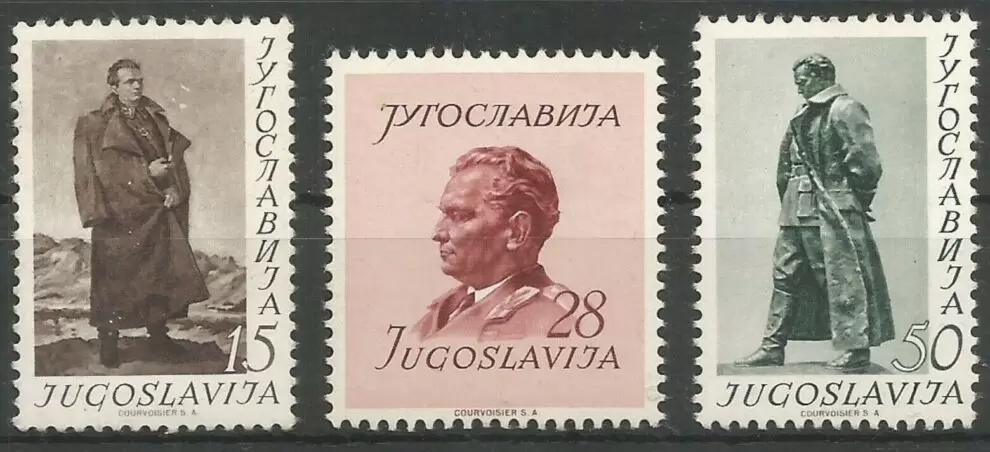

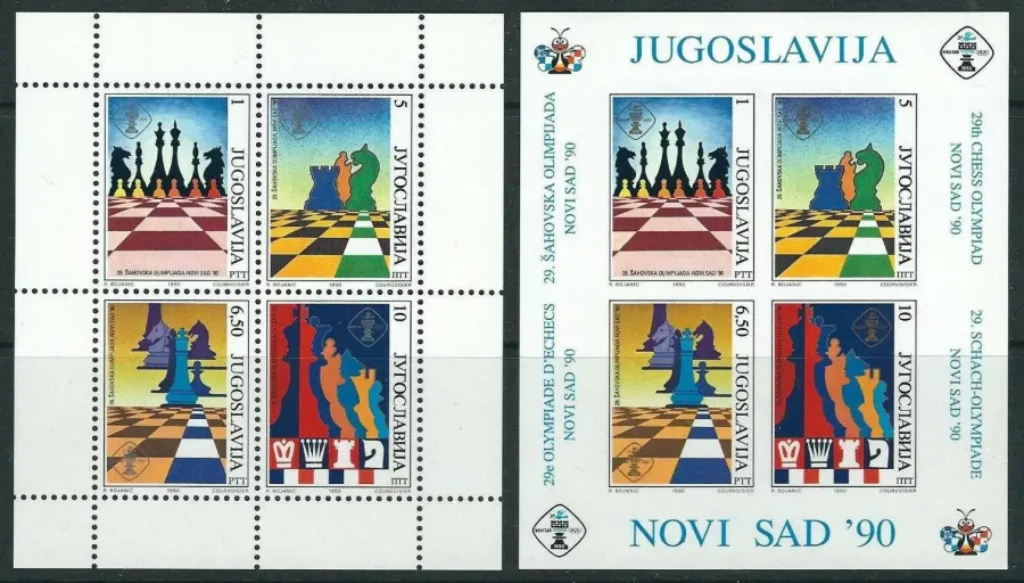



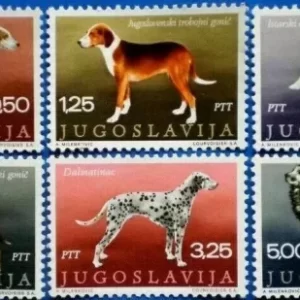

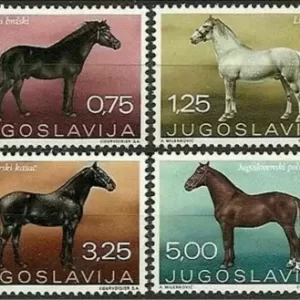
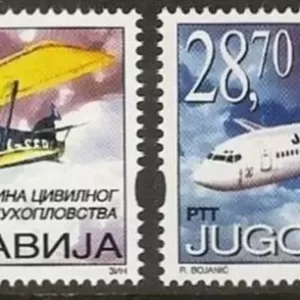
Reviews
There are no reviews yet.